Home>Technology>Smart Home Devices>How Often Should I Replace My Wi-Fi Router


Smart Home Devices
How Often Should I Replace My Wi-Fi Router
Modified: January 4, 2024
Learn about the best practices for replacing your Wi-Fi router and optimizing your smart home devices for seamless connectivity. Find out how often you should upgrade for optimal performance.
(Many of the links in this article redirect to a specific reviewed product. Your purchase of these products through affiliate links helps to generate commission for Storables.com, at no extra cost. Learn more)
Introduction
Introduction
Welcome to the era of smart homes, where Wi-Fi routers serve as the backbone of our connected lives. From streaming entertainment to powering smart devices, the reliance on a robust and efficient Wi-Fi network has become paramount. However, like all technology, Wi-Fi routers have a lifespan and require periodic evaluation to ensure optimal performance.
In this comprehensive guide, we will delve into the factors to consider when contemplating the replacement of your Wi-Fi router. Additionally, we will explore the telltale signs that indicate your router may be due for a replacement, as well as the recommended frequency for doing so. By the end of this article, you will have a clear understanding of how often you should replace your Wi-Fi router and the key indicators that necessitate such a decision.
Factors to Consider
Key Takeaways:
- Regularly replacing your Wi-Fi router every 3 to 5 years ensures optimal performance, security, and compatibility with modern devices, keeping your smart home network robust and reliable.
- Watch out for signs like connectivity issues, outdated standards, inadequate coverage, and security vulnerabilities to know when it’s time to upgrade your Wi-Fi router for a seamless smart home experience.
Read more: How To Connect My Wi-Fi Router
Factors to Consider
When evaluating the need to replace your Wi-Fi router, several crucial factors come into play. Understanding these elements can help you make an informed decision and optimize your home network’s performance.
- Technological Advancements: The rapid evolution of Wi-Fi technology introduces new standards and capabilities. As newer Wi-Fi standards emerge, such as the transition from 802.11n to 802.11ac and now 802.11ax (Wi-Fi 6), routers equipped with the latest technology can significantly enhance network speed, coverage, and device connectivity.
- Network Requirements: Assess your current and anticipated network needs. If your household has experienced an increase in the number of connected devices or a surge in data-intensive activities like 4K streaming or online gaming, your existing router may struggle to keep up with the demand.
- Security Considerations: Cybersecurity threats continue to evolve, making it crucial to have a router with robust security features. Newer routers often incorporate advanced security protocols and regular firmware updates to safeguard against emerging threats.
- Hardware Aging: Over time, the hardware components of a router can degrade, impacting its overall performance. Factors such as heat exposure, electrical surges, and general wear and tear can contribute to the deterioration of the router’s internal components.
- User Experience: If you encounter persistent connectivity issues, dead zones, or inconsistent network performance despite troubleshooting efforts, it may be time to consider a router upgrade to enhance the user experience.
Considering these factors will provide valuable insights into whether your current Wi-Fi router adequately meets your connectivity needs or if an upgrade is necessary to align with the demands of modern networking.
Signs Your Router Needs Replacement
Signs Your Router Needs Replacement
Recognizing the signs that indicate your Wi-Fi router is due for a replacement is essential for maintaining a reliable and efficient network. Here are the key indicators that suggest it may be time to consider an upgrade:
- Consistent Connectivity Issues: If you frequently experience dropped connections, slow speeds, or intermittent network outages despite troubleshooting efforts, it could signify underlying hardware or firmware issues within the router.
- Outdated Wi-Fi Standards: Older routers may not support the latest Wi-Fi standards, resulting in slower speeds and limited compatibility with modern devices. Upgrading to a router with newer standards can significantly enhance network performance and device connectivity.
- Inadequate Coverage: Dead zones or areas with weak Wi-Fi signals throughout your home indicate that your current router’s coverage may be insufficient. Upgrading to a router with improved range and signal strength can address these coverage challenges.
- Lack of Security Features: Outdated routers may lack robust security features, leaving your network vulnerable to cyber threats. Enhanced security protocols and regular firmware updates are crucial for safeguarding your network and connected devices.
- Overheating and Physical Damage: Excessive heat, physical damage, or visible signs of wear on the router can impact its performance and longevity. If your router exhibits these issues, it may be time to consider a replacement.
By being attentive to these signs, you can proactively address potential network issues and make an informed decision regarding the replacement of your Wi-Fi router. Recognizing these indicators early can prevent prolonged network disruptions and ensure a seamless connectivity experience.
Recommended Replacement Frequency
It is recommended to replace your Wi-Fi router every 3-4 years to ensure optimal performance and security. Newer models offer faster speeds and better security features.
Recommended Replacement Frequency
Determining the ideal frequency for replacing your Wi-Fi router involves a balance between technological advancements, network requirements, and the router’s overall performance. While there is no one-size-fits-all timeframe for router replacement, the following considerations can guide you in establishing a suitable replacement cycle:
- Wi-Fi Standard Upgrades: As Wi-Fi standards evolve, with each iteration offering improved speed, range, and device compatibility, it is advisable to consider a router upgrade when a new standard is widely adopted and offers substantial benefits over your current equipment.
- Network Expansion and Usage Changes: If your household experiences an increase in the number of connected devices or a shift towards more data-intensive activities, such as 4K streaming or online gaming, upgrading to a more capable router may be warranted to accommodate these changes.
- Hardware Aging and Performance Decline: Over time, the internal components of a router can degrade, leading to diminished performance and reliability. If your router exhibits signs of hardware aging or struggles to meet your connectivity needs, it may be time to consider a replacement.
- Security Considerations: Cybersecurity threats continue to evolve, making it essential to have a router equipped with robust security features. Upgrading to a router with enhanced security protocols and regular firmware updates can help mitigate potential security risks.
Based on these factors, a general recommendation for router replacement is every 3 to 5 years, aligning with the typical lifespan of networking equipment and the pace of technological advancements. However, individual circumstances, such as significant network expansion or noticeable performance degradation, may warrant more frequent upgrades.
Regularly assessing your network’s performance and staying informed about the latest Wi-Fi standards and security practices can help you determine the most opportune time to replace your Wi-Fi router, ensuring that your home network remains robust, secure, and capable of meeting your connectivity needs.
Conclusion
Conclusion
As the central hub of your home’s connectivity, your Wi-Fi router plays a pivotal role in facilitating seamless internet access and device connectivity. Understanding the factors that influence the need for router replacement and recognizing the signs that indicate a potential upgrade are essential for maintaining an efficient and reliable network.
By considering technological advancements, network requirements, security considerations, hardware aging, and user experience, you can make informed decisions regarding the replacement of your Wi-Fi router. Whether it’s embracing the latest Wi-Fi standards, addressing coverage challenges, or enhancing security features, staying attuned to these factors can help optimize your home network.
Furthermore, establishing a recommended replacement frequency of 3 to 5 years, while taking into account individual network changes and performance declines, can ensure that your router remains capable of meeting your evolving connectivity needs. Regular assessments of your network’s performance and staying informed about the latest advancements in Wi-Fi technology and security practices are crucial for determining the most opportune time to upgrade your router.
Ultimately, by staying proactive and attentive to the dynamics of your home network, you can ensure that your Wi-Fi router continues to deliver optimal performance, robust security, and seamless connectivity for all your smart home devices and digital activities.
Frequently Asked Questions about How Often Should I Replace My Wi-Fi Router
Was this page helpful?
At Storables.com, we guarantee accurate and reliable information. Our content, validated by Expert Board Contributors, is crafted following stringent Editorial Policies. We're committed to providing you with well-researched, expert-backed insights for all your informational needs.
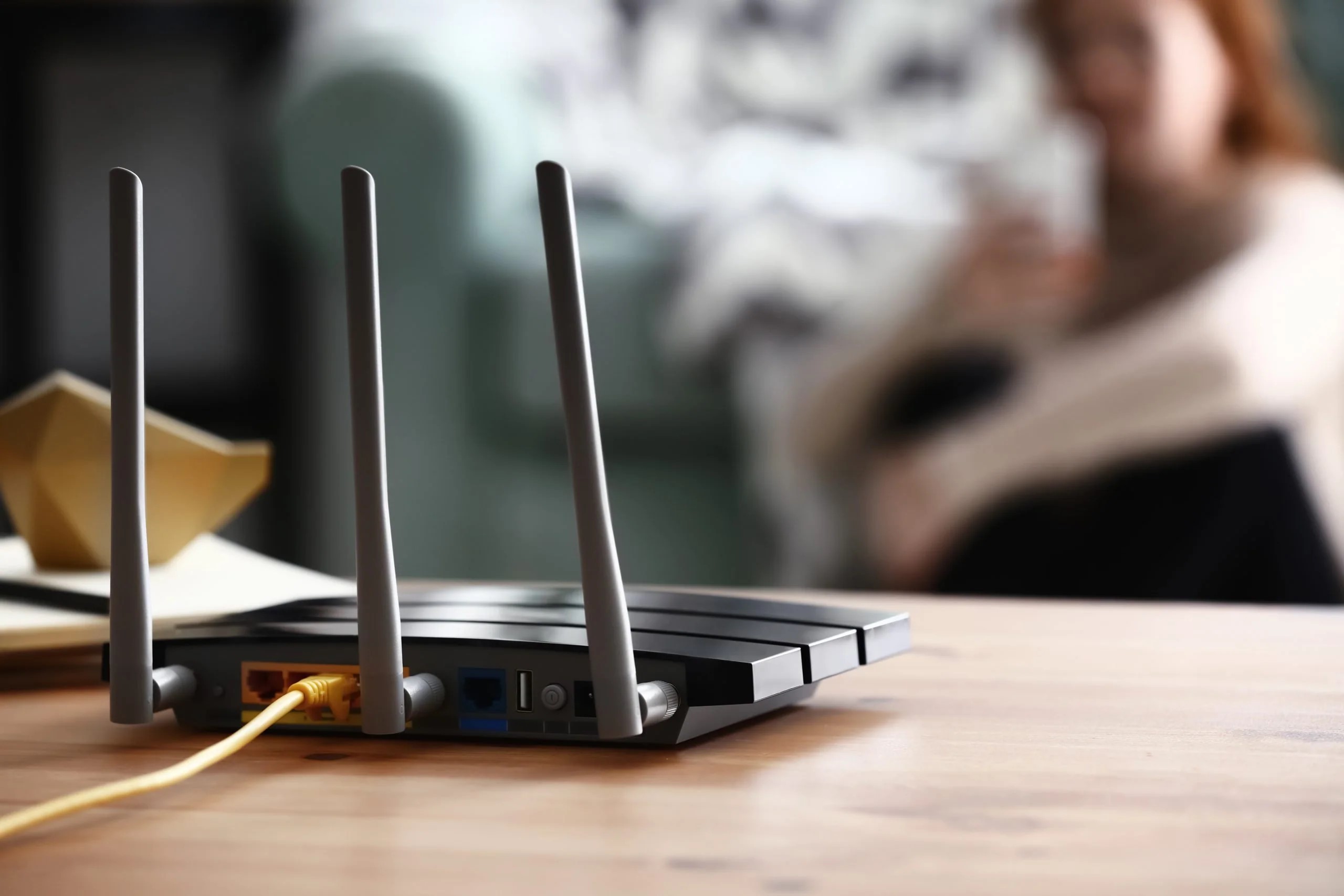
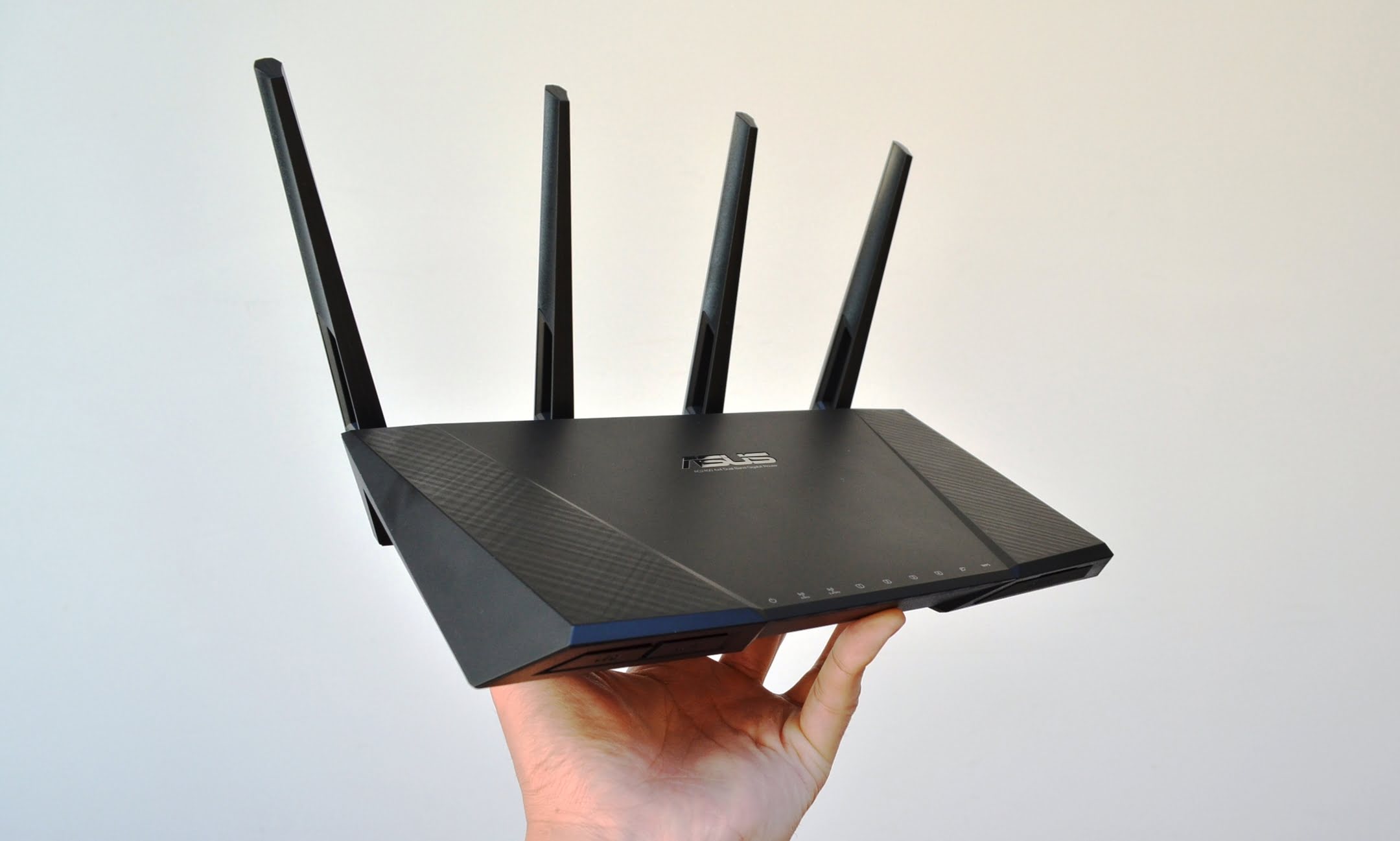
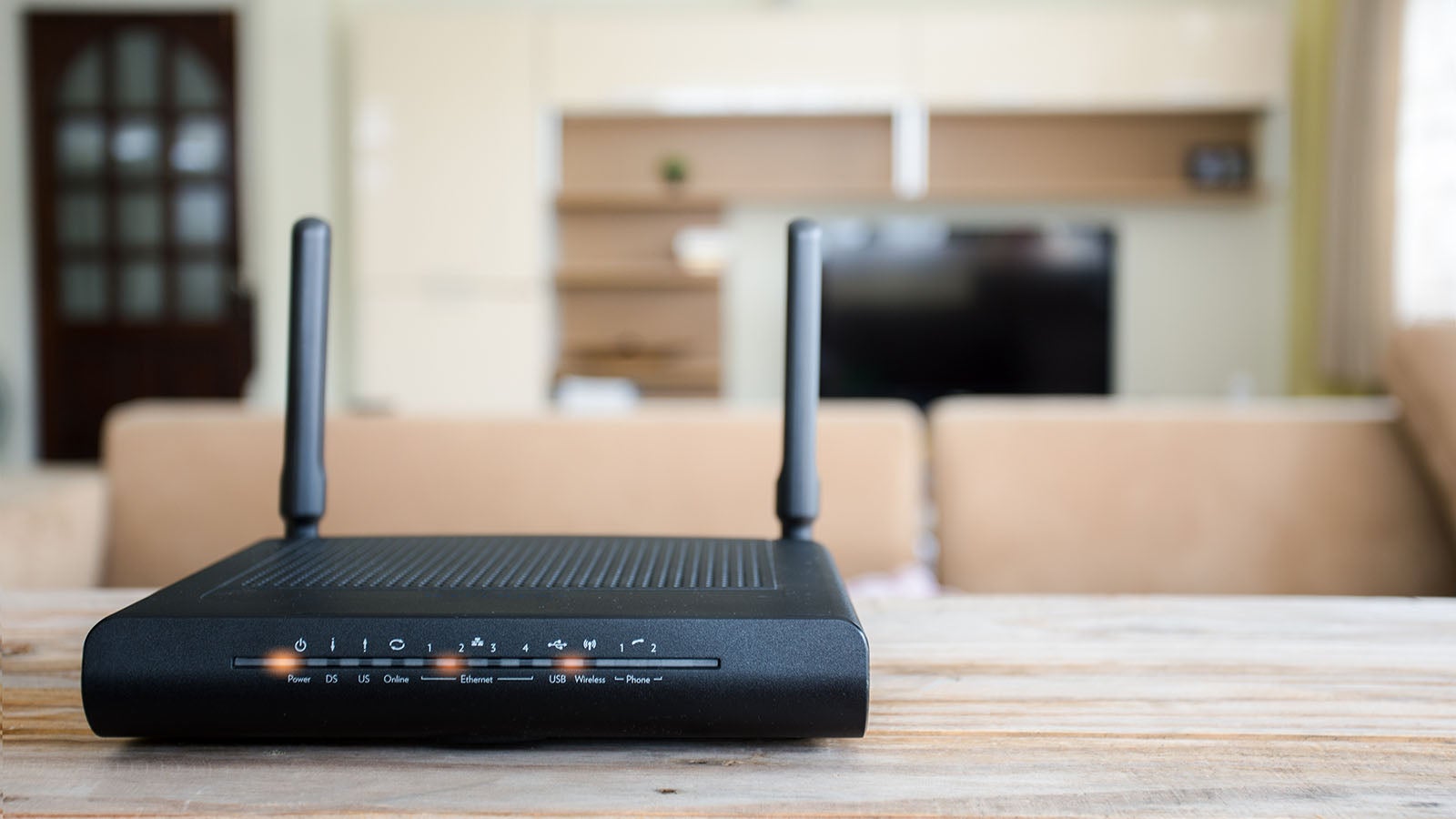
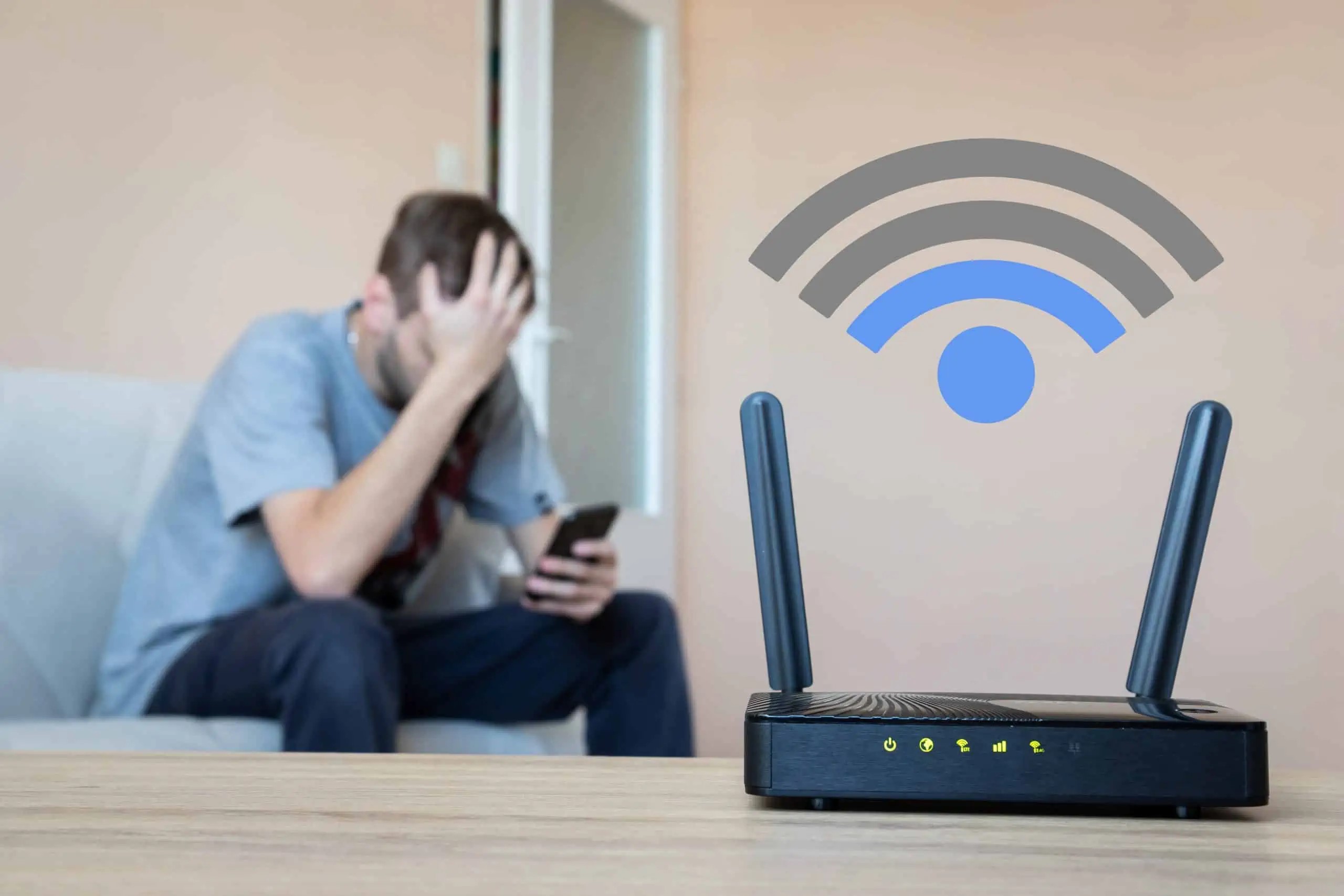
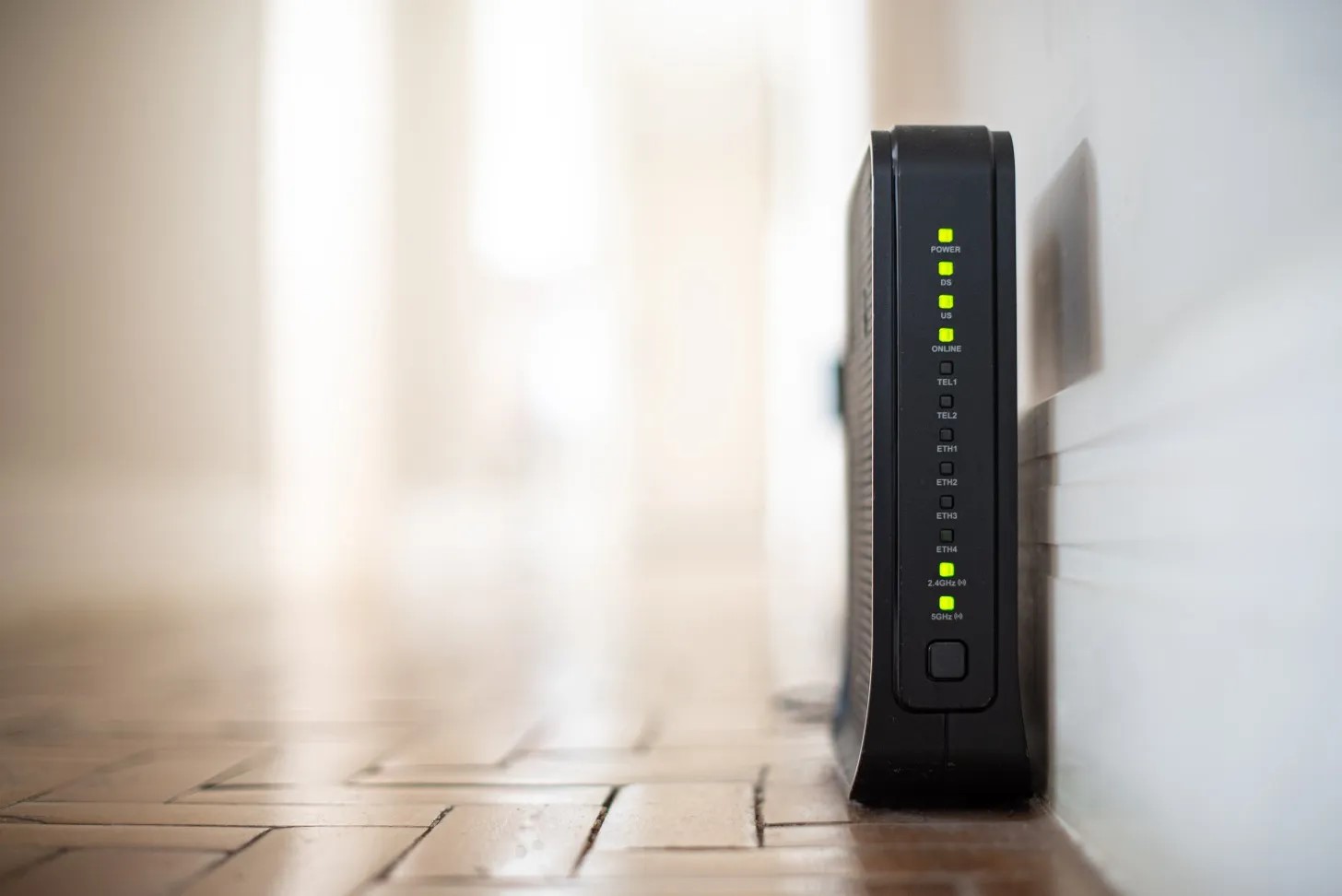
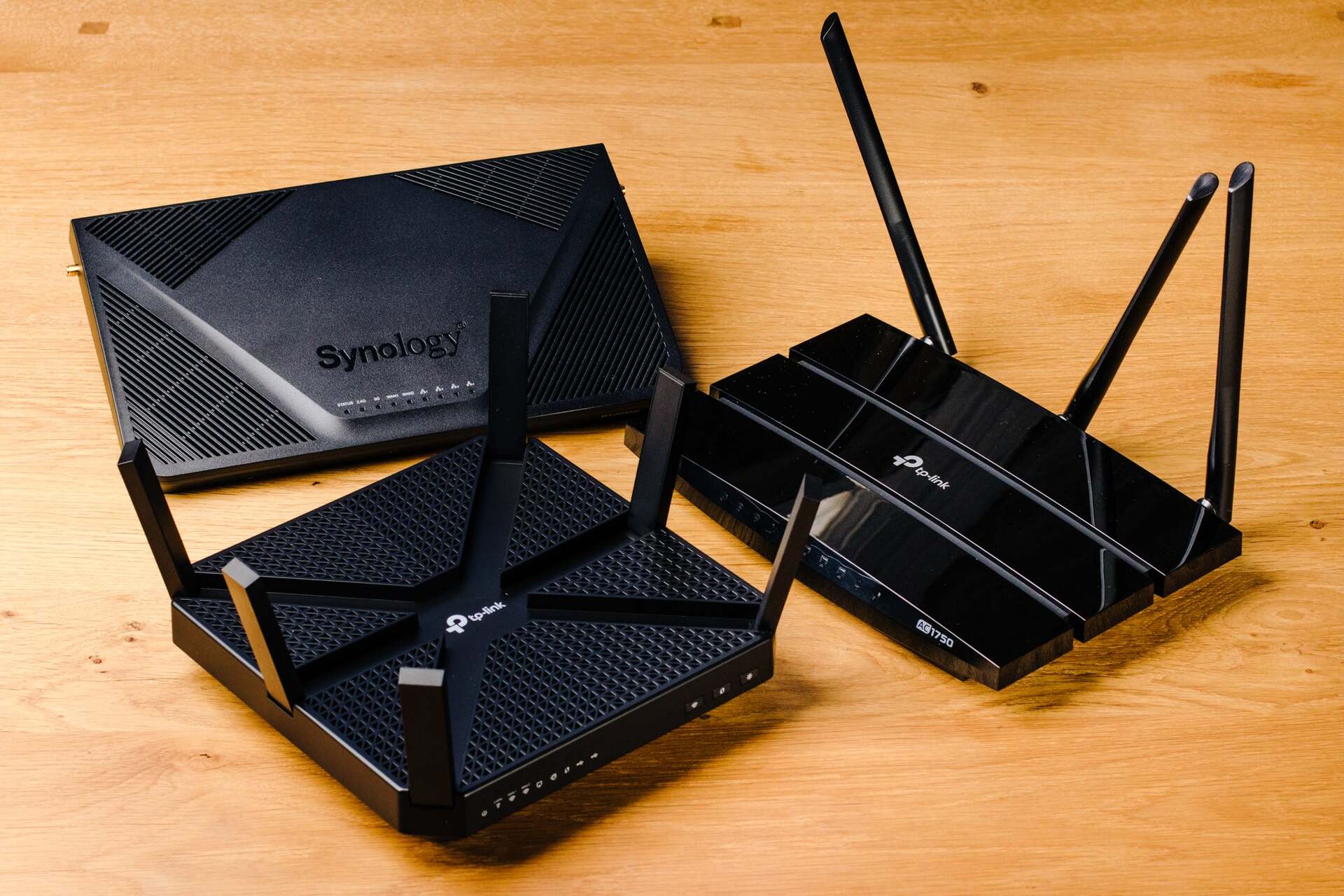
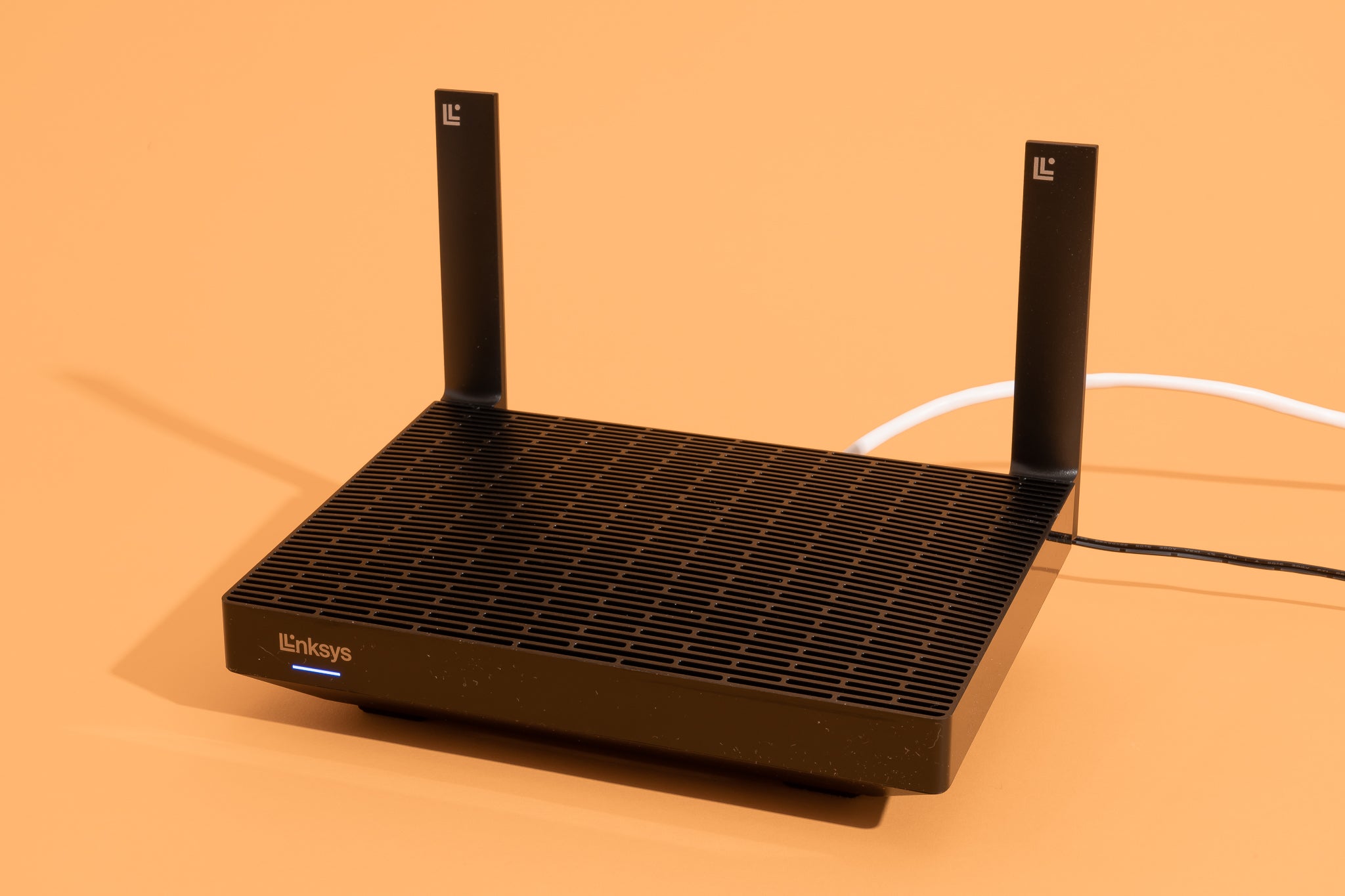


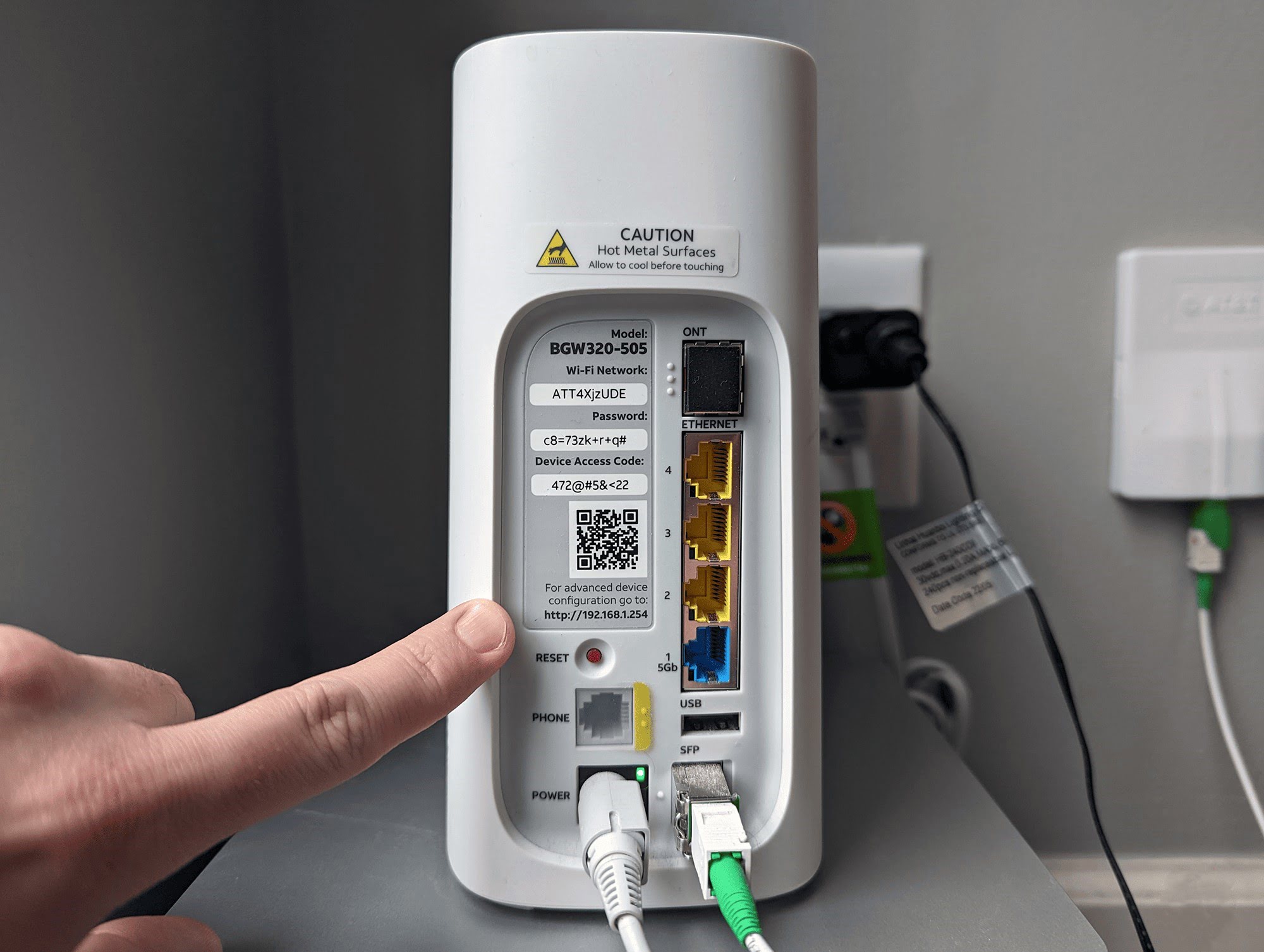


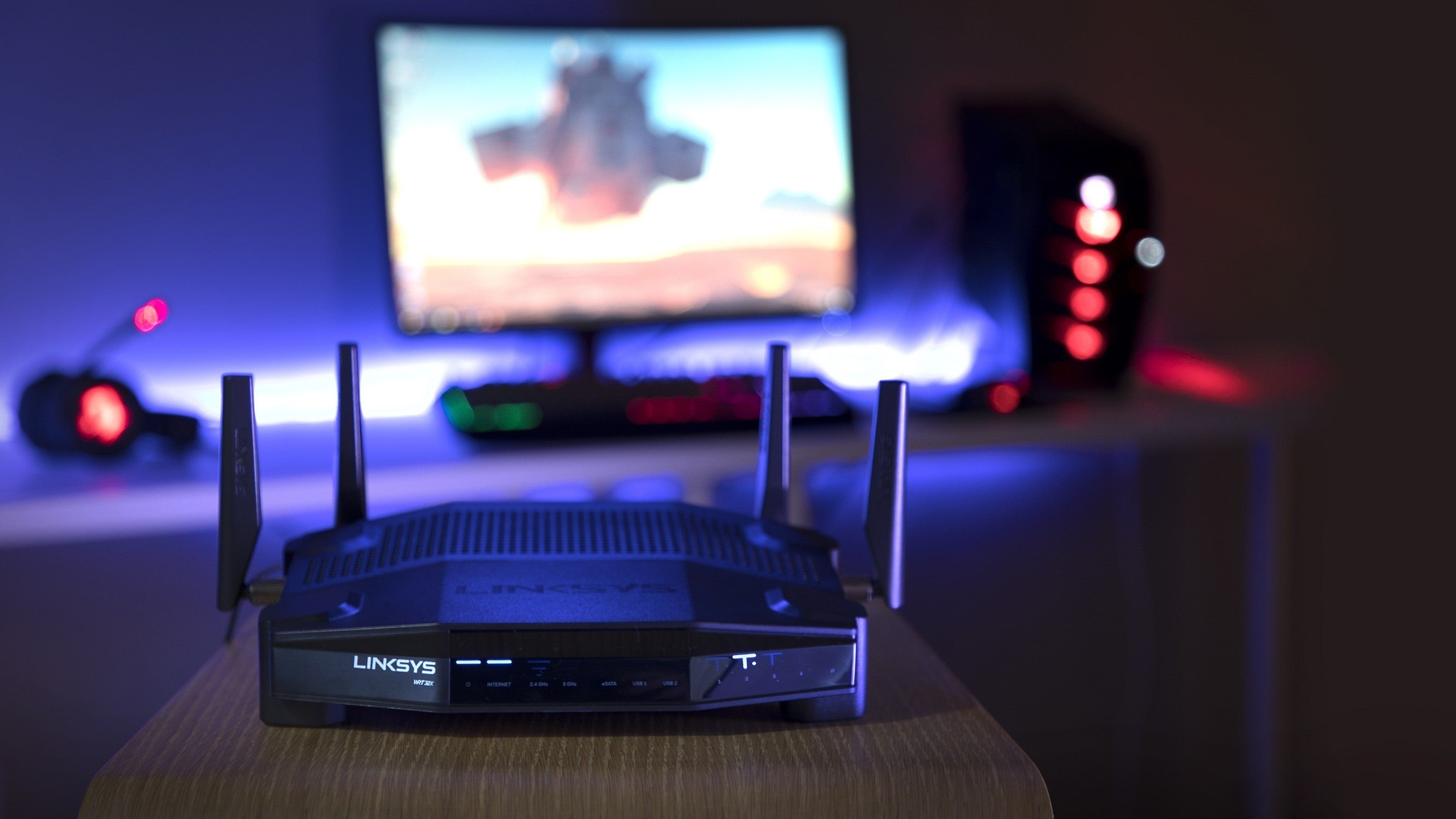
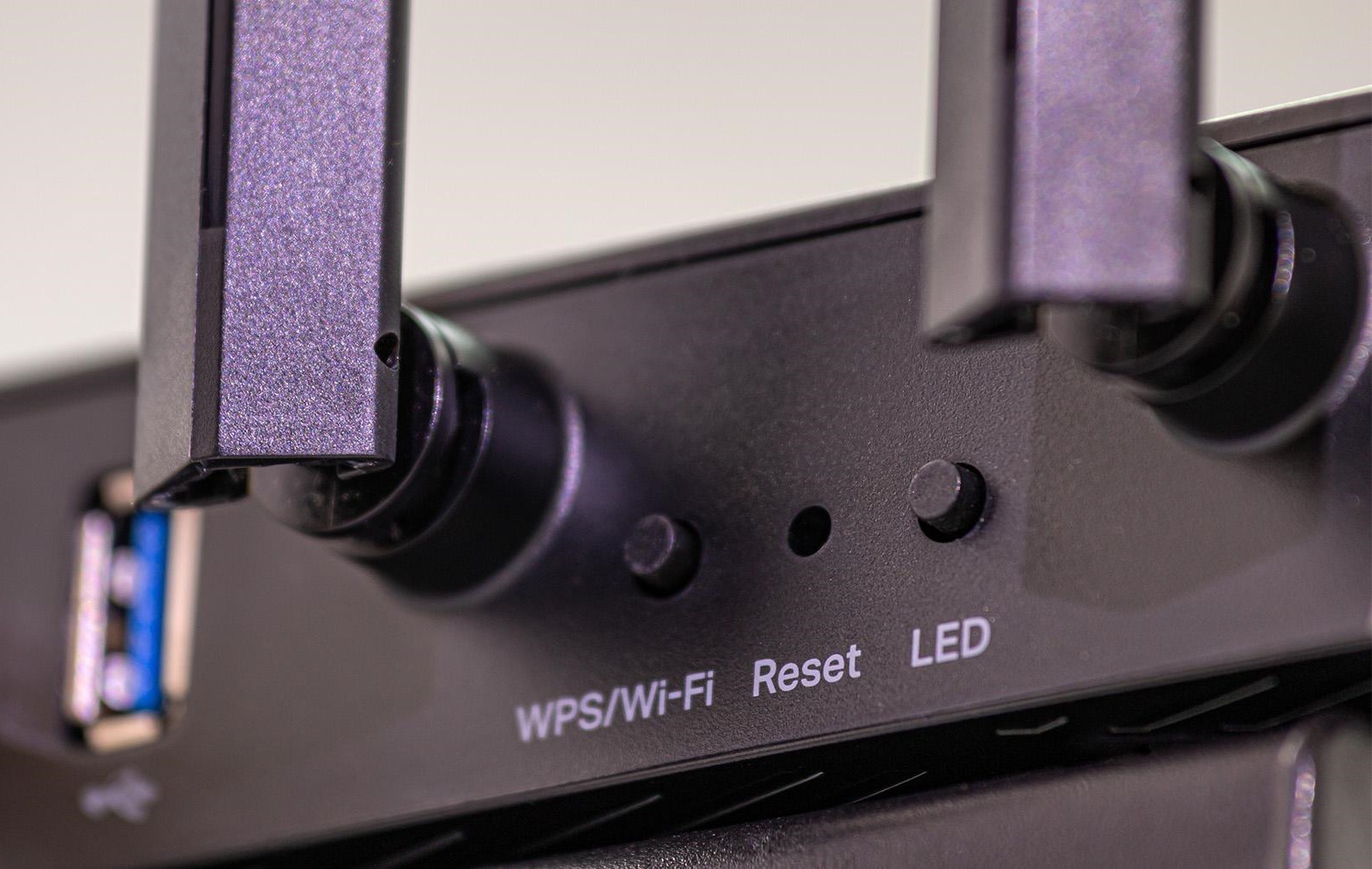


0 thoughts on “How Often Should I Replace My Wi-Fi Router”